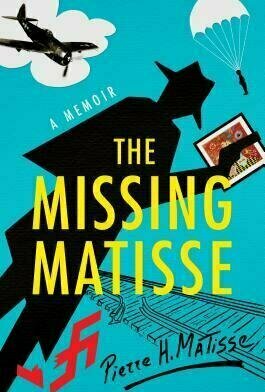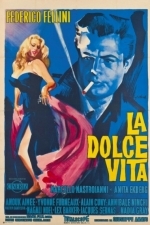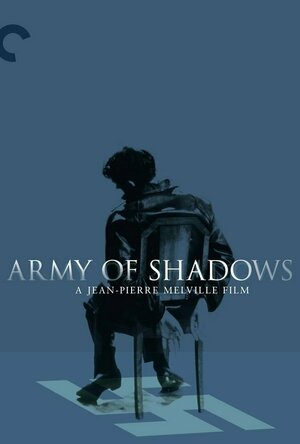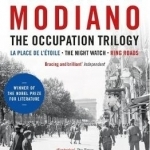
The Occupation Trilogy: La Place de L'etoile - The Night Watch - Ring Roads
Book
'Brisk, smart, witty, elliptical ...Recalls the directors of the New Wave ...Bracing and...
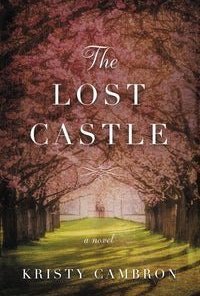
The Lost Castle
Book
A thirteenth century castle, Chateau de Doux Reves, has been forgotten for generations, left to ruin...
Historical Time-Slip Romance Inspirational
Erika (17789 KP) rated The Missing Matisse: A Memoir in Books
Mar 26, 2020
It started slow, then got slightly more interesting once WWI started. HOWEVER, I picked up this book because I thought it was going to be more about the artists at the time.
The description of the book is very misleading, if you want to read a mildly interesting memoir about a kid who participated in the French Resistance and was "related" to Matisse. Honestly, bringing up the uncertainty of who this dude's biological father was a side note and didn't make sense.
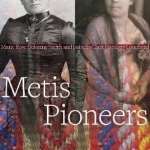
Metis Pioneers: Marie Rose Delorme Smith and Isabella Clark Hardisty Lougheed
Book
In Metis Pioneers, Doris Jeanne MacKinnon compares the survival strategies of two Metis women born...
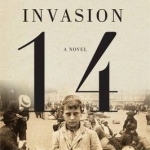
Invasion 14: A Novel
Book
Based on personal experience, survivor testimony, and documentary research, Invasion 14 portrays the...
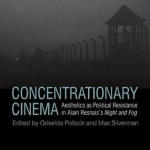
Concentrationary Cinema: Aesthetics as Political Resistance in Alain Resnais's Night and Fog
Griselda Pollock and Max Silverman
Book
Since its completion in 1955, Alain Resnais's Night and Fog (Nuit et Brouillard) has been considered...
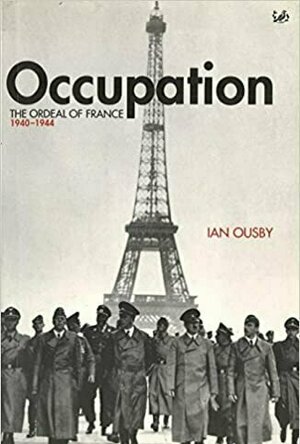
Occupation: The Ordeal of France 1940 - 1944
Book
The real story of the Occupation uncovers a reality more complex, more human and ultimately more...
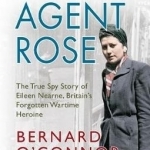
Agent Rose: The True Spy Story of Eileen Nearne, Britain's Forgotten Wartime Heroine
Book
In September 2010 the body of Eileen Nearne was found in a flat in Torquay. With no known friends or...
